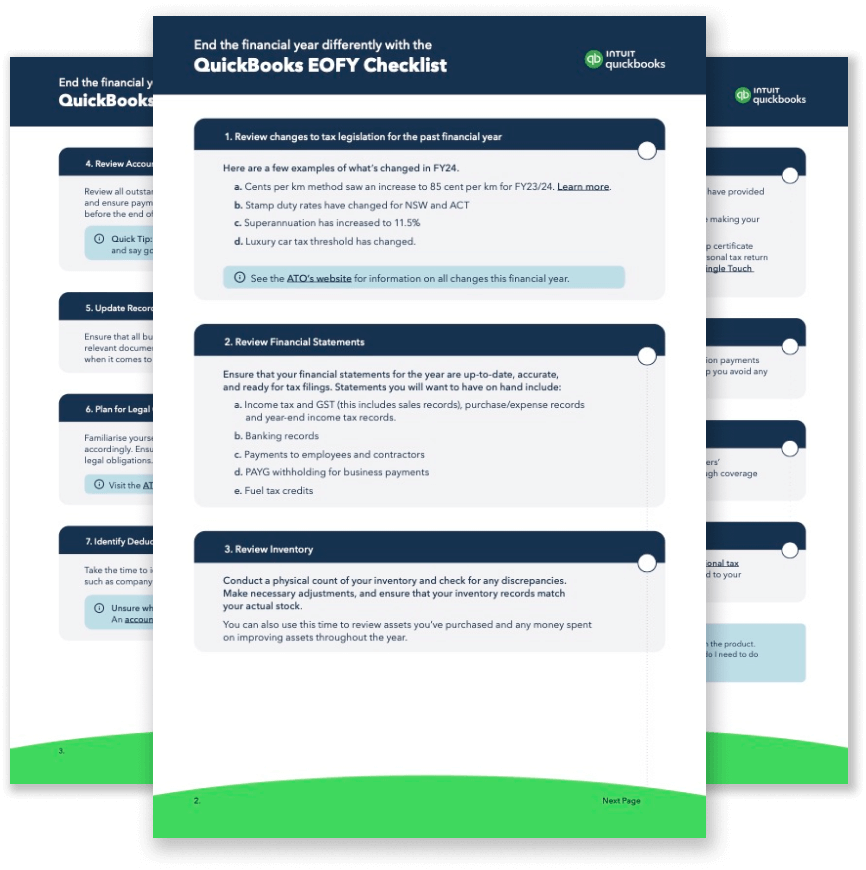What is FBT - Fringe Benefit Tax?
FBT - Fringe Benefit Tax Definition
Fringe Benefit Tax (FBT) is a tax imposed on certain non-salary benefits that employers provide to their employees or their associates (such as family members) in addition to their regular salary or wages. These benefits could include things like company cars for personal use, low-interest loans, free or discounted goods or services, payment of expenses, etc.
The purpose of FBT is to ensure that employees and their associates are paying tax on the full value of the benefits they receive from their employment, even if those benefits are not provided in the form of cash salary. It aims to prevent tax evasion by both employers and employees.
FBT is typically paid by the employer rather than the employee, although the value of the benefit may be treated as taxable income for the employee. The rate and specific rules governing FBT can vary between jurisdictions. Some countries may not have FBT at all, while others may have complex regulations surrounding it.
1. **Types of Fringe Benefits**: Fringe benefits can encompass a wide range of non-cash benefits provided to employees. Common examples include company cars, health insurance, housing allowances, educational assistance, gym memberships, and more.
2. **Taxable Value**: The taxable value of fringe benefits is usually determined based on either the actual cost to the employer or a set formula provided by tax authorities. For example, for company cars, the taxable value may be calculated based on the car's value, its annual mileage, and other factors.
3. **Exemptions and Deductions**: Not all fringe benefits are subject to FBT, and certain exemptions or deductions may apply depending on the jurisdiction and the nature of the benefit. For instance, benefits provided for work-related purposes or benefits below a certain threshold may be exempt from FBT.
4. **Reporting and Compliance**: Employers are typically required to report the value of fringe benefits provided to employees and remit the appropriate FBT to tax authorities. This often involves detailed record-keeping and compliance with specific reporting requirements.
5. **Implications for Employees**: While FBT is generally paid by the employer, it can still have implications for employees. In some cases, the value of fringe benefits may be treated as taxable income for the employee, potentially increasing their overall tax liability.
6. **Penalties for Non-Compliance**: Failure to comply with FBT regulations can result in penalties and interest charges for employers. It's essential for employers to understand their FBT obligations and ensure proper compliance to avoid potential legal and financial consequences.
7. **Jurisdictional Variances**: The specific rules and regulations governing FBT can vary significantly between jurisdictions. Different countries may have different thresholds, rates, exemptions, and reporting requirements for FBT.
8. **Employer Responsibilities**: Employers are typically responsible for determining which fringe benefits are subject to FBT, calculating the taxable value of those benefits, withholding the appropriate amount of FBT from employee wages, and remitting the FBT to the relevant tax authority.
9. **ATO Guidelines (Australia)**: In Australia, the Fringe Benefits Tax is administered by the Australian Taxation Office (ATO). The ATO provides guidelines and resources to help employers understand their FBT obligations, including information on what constitutes a fringe benefit, how to calculate the taxable value of benefits, and how to report and pay FBT.
10. **FBT Rate**: The FBT rate can vary depending on the jurisdiction and the specific type of fringe benefit provided. It is often set at a flat rate or calculated as a percentage of the taxable value of the benefit. In some cases, different rates may apply to different types of benefits.
11. **Employee Salary Packaging**: Salary packaging refers to an arrangement where employees receive a portion of their remuneration in the form of non-cash benefits, such as fringe benefits, instead of cash salary. This can have tax implications for both the employer and the employee, including potential FBT liability.
12. **FBT Exemptions**: Some fringe benefits may be exempt from FBT under certain circumstances. For example, benefits provided to employees in certain non-profit organizations or benefits related to work-related expenses may be exempt from FBT. Additionally, there may be specific exemptions for certain types of benefits, such as minor benefits or exempt vehicles.
Understanding Fringe Benefit Tax is crucial for employers to ensure compliance with tax laws and regulations and to manage their overall tax liabilities effectively. It's also important for employees to be aware of the potential tax implications of fringe benefits they receive as part of their compensation package.
Overall, FBT is an important aspect of tax law aimed at ensuring fairness and equity in the taxation of employee compensation, particularly in cases where non-cash benefits are provided.









